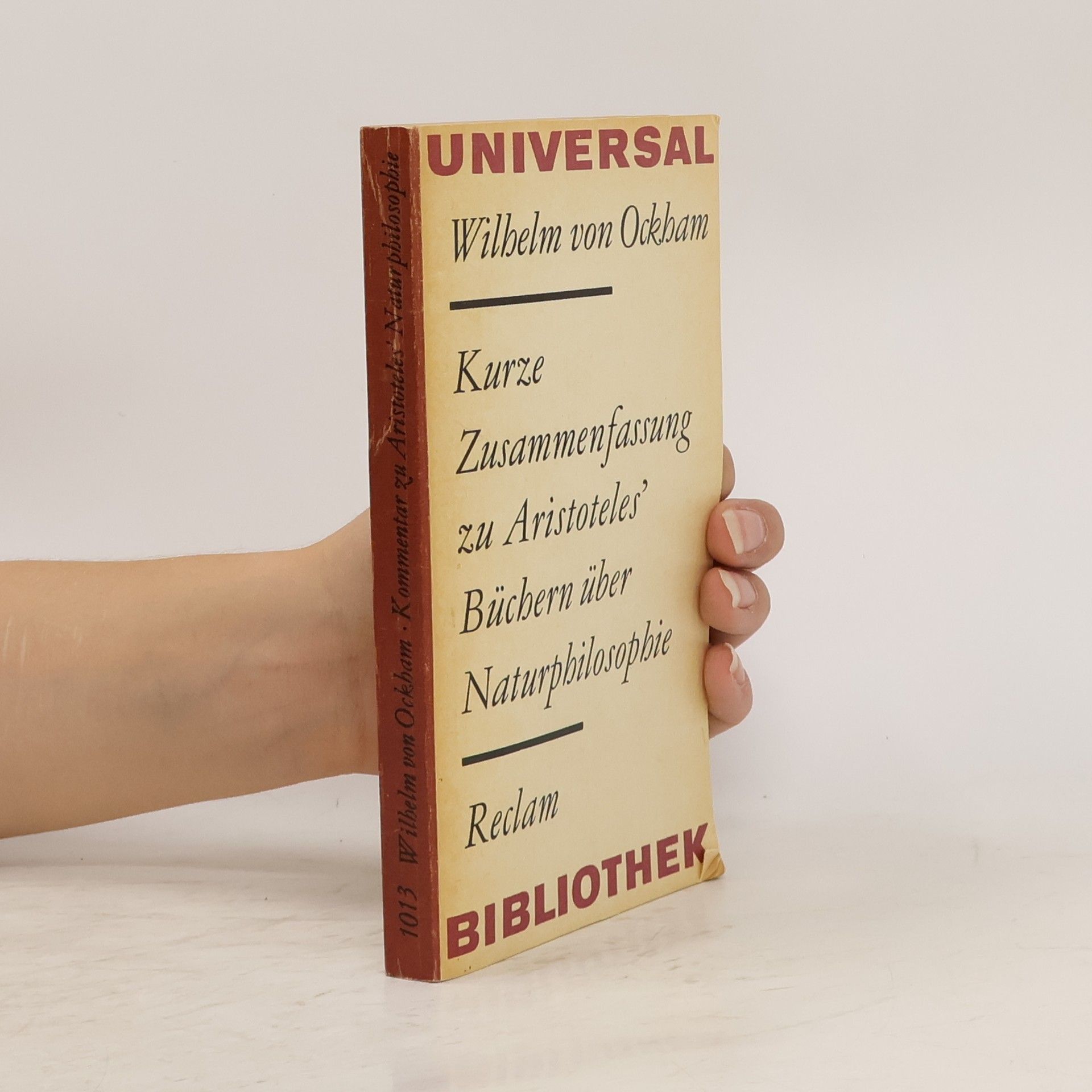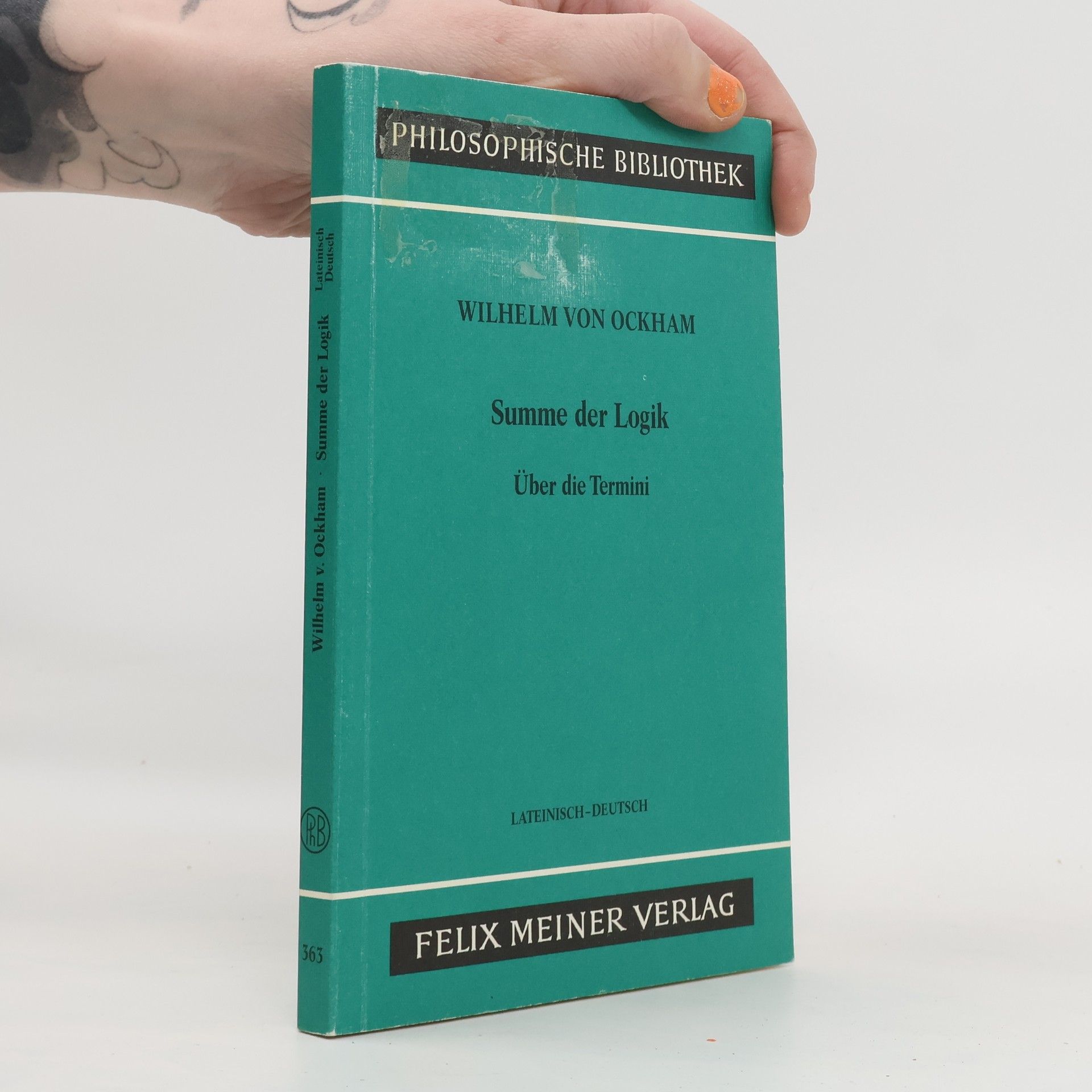De iuribus Romani imperii. III.2 Dialogus. Das Recht von Kaiser und Reich, III.2 Dialogus
Lateinisch – Deutsch. Übersetzt und eingeleitet von Jürgen Miethke
Ockhams dritter Teil des Dialogus beleuchtet seine politische Theorie, insbesondere den Konflikt zwischen Kirche und Staat. Er untersucht zuverlässige Orientierungen für politisches Handeln und entwickelt eine differenzierte Anwendung naturrechtlicher Normen.


